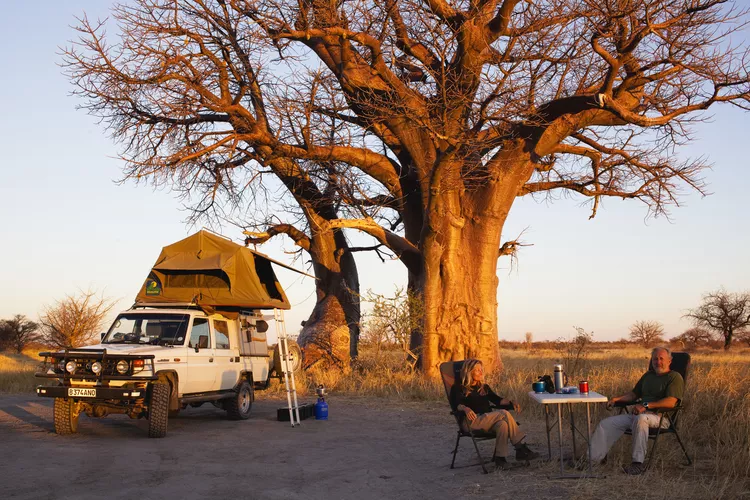1. An Introduction to African Safaris
An African safari is a once-in-a-lifetime experience, offering a chance to escape daily life and immerse oneself in the wilderness. With a bit of careful planning, enjoying this extraordinary adventure doesn’t have to break the bank.
2. Choose Your Destination Carefully
The initial step in planning an affordable safari is to choose your destination wisely. Popular locations in East Africa, such as Kenya and Tanzania, often come with high costs due to luxury lodges and expensive park fees. Alternatively, areas like Botswana and Zambia can pose financial challenges because of their remote reserves, which are typically accessed via charter flights, leading to increased expenses.
Budget-friendly safari destinations tend to be more accessible and offer a range of game reserves and operators with fees charged in local currencies. Countries like South Africa and Namibia are well-suited for budget travelers, featuring adequate infrastructure for self-drive safaris, camping, and overland tours. Zimbabwe also offers a low-cost option because of its affordable accommodation, food, and transport. Therefore, while choosing your destination, consider additional factors such as park fees, transfer costs, and currency exchange rates as well.
3. Use a Local Operator
Employing local tour guides and safari companies can often yield better rates than those offered by international firms. This is especially true for popular destinations like the Serengeti and Maasai Mara. Besides cost-effectiveness, booking locally enhances the probability of last-minute availability for those spontaneous adventures. However, keep in mind that many local operators might only be contactable upon arrival, which could complicate advance arrangements.
4. Join a Group Safari
Group safaris come in various formats, providing options from minibus tours for mature travelers to adventurous backpacker excursions. Group travel can reduce costs as participants share accommodation and transportation expenses while benefiting from group rates for park fees and guides. Moreover, group safaris offer a fantastic opportunity to meet other travelers and forge lasting friendships. However, conflicts might arise if participants don’t get along, and a fixed itinerary might feel limiting to some.
5. Opt for a Self-Drive Safari
For those who value flexibility, a self-drive safari could be an appealing option. Renting a vehicle allows travelers to dictate their schedules, stopping as desired for photography and sightseeing. This option often includes a rooftop tent, diminishing accommodation costs. However, the absence of an expert local guide and the need for safe, accessible roads are important considerations.
6. Compromise on Accommodation
A significant cost-saving strategy for any safari is to compromise on accommodation. Many national parks in Southern Africa offer public camping facilities, which range from basic sites to more developed camping options with services like running water and electricity. While these options are not luxurious, they are exceptionally affordable and provide an enchanting experience of sleeping under the stars. For those preferring more comfort, budget accommodations near park entrances can be a great alternative instead of staying in high-end lodges.
7. Travel During the Low Season
Traveling during the African low season, which typically aligns with the rainy season, can yield significant savings on safari tours and accommodation. Alongside lower prices, the rainy season brings vibrant landscapes, fewer crowds, and opportunities to witness the birth of many herbivorous species. However, keep in mind that animals can be more difficult to spot due to distributed food and water sources, and camps may close during heavy rainfall.
8. Focus on a Single Game Reserve
Rather than hopping between multiple game reserves, choosing to concentrate on one can lead to considerable savings on logistics like flights and vehicle rentals. Your choice should hinge on what wildlife experiences you prioritize. For instance, if witnessing the Great Migration is crucial, direct your attention towards the Serengeti or Maasai Mara. Conversely, if encountering the Big Five is the goal, consider major reserves such as the Kruger or Hwange National Park.





